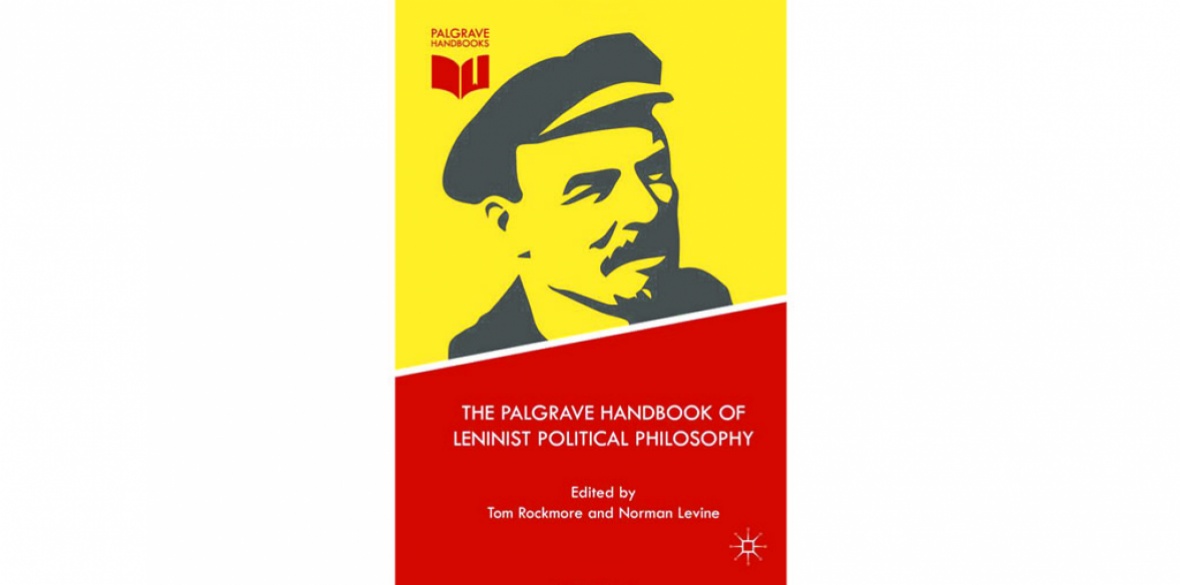This is the last article you can read this month
You can read more article this month
You can read more articles this month
Sorry your limit is up for this month
Reset on:
Please help support the Morning Star by subscribing here
The Palgrave Handbook of Leninist Political Philosophy
ed Tom Rockmore and Norman Levine
Palgrave Macmillan, £159.99
Lenin never sat down to write a systematic account of his ideas.
Even when addressing what might seem to be purely philosophical concerns, like our knowledge of the external world, he was invariably fighting hard for one side or another in some current factional debate. Perhaps especially then.
And the Palgrave Handbook of Leninist Political Philosophy does not really try to smooth this lifetime of controversy into a harmonious unity.
The volume’s two editors — neither of them uncomplicatedly an admirer of Lenin – have assembled an admirably pluralistic and international group of contributors, including scholars from countries where Lenin retains his place in the official pantheon (China, Cuba) as well as those where he has been ousted or where he was never quite respectable.
Reading the resulting book sometimes feels a little like eavesdropping on a series of running arguments, where central themes — Lenin and orthodox Marxism, workers’ democracy and the dictatorship of the proletariat, or of the party — keep coming back in different contexts and with different emphases.
Norman Levine, one of the editors, is gleefully one-sided in his chapter presenting Lenin as a bungler and an Engelsian who never really understood the young Marx.
Lars T Lih is calm and cogent as he builds up his case that Lenin was and remained a loyal student of the mature Kautsky.
Neil Harding, in an outstanding chapter, describes how the hopes of 1917 — when Lenin proposed “the most luminously radical programme ever to enjoy the support of tens of millions of people” — gave way a few years later to “disenchantment and despair” and the suppression of the Kronstadt sailors.
Paresh Chattopadhyay suggests that this outcome was in fact inevitable, as was the New Economic Policy: both were pre-programmed from the beginning, not just by Russia’s underdevelopment but by the nature of the Leninist political project itself.
An Qinian argues that sudden leaps into democracy and freedom are untrustworthy, and historical progress is often brutal (historical regression too), and a modernising dictatorship may have been just what Russia needed.
Nobody will agree with all the contributions here. Some may find plenty to disagree with in most of them.
But the Handbook as a whole is sure to spark thought, debate, and controversy.
The biggest omission, in a book that claims to cover not just Lenin but Leninism, is that there is no real treatment of political thinkers subsequent to Lenin who have worked within the Leninist tradition or been influenced by it.
Even such major figures as Althusser, Gramsci and Mao are at best mentioned in passing.
But the book still deserves a wider readership than the current cover price is likely to allow.
In hardback it is clearly priced to be bought by libraries; see whether you can persuade yours. We can only hope it will be available in paperback before too long.












